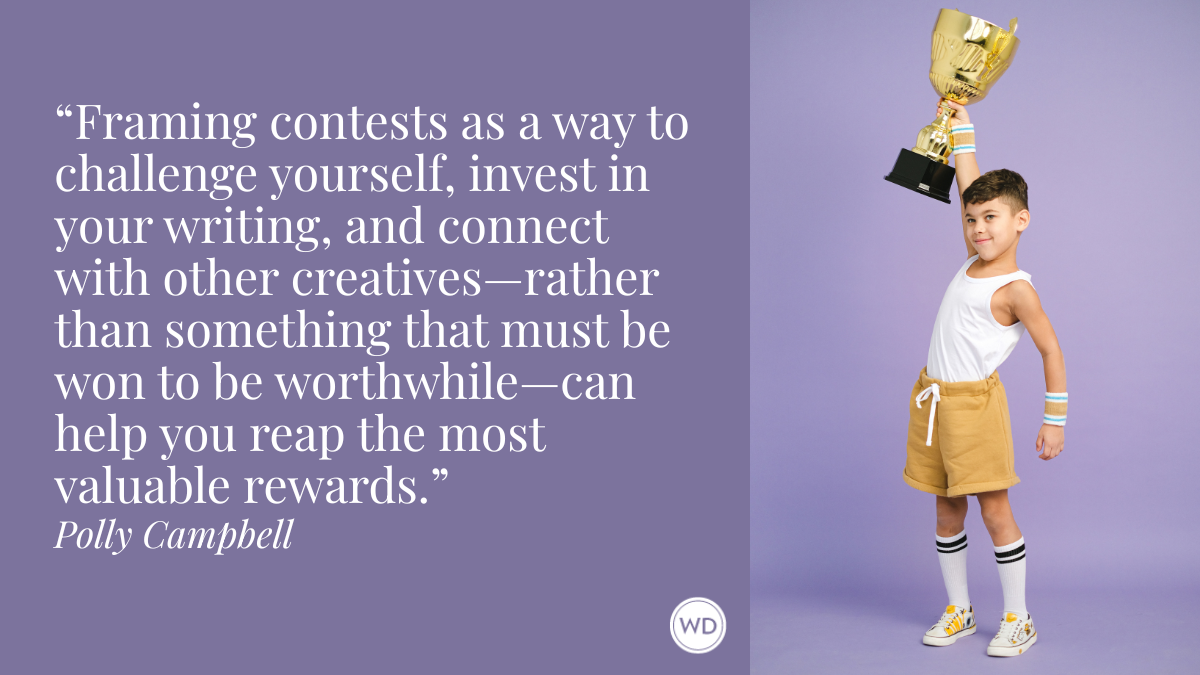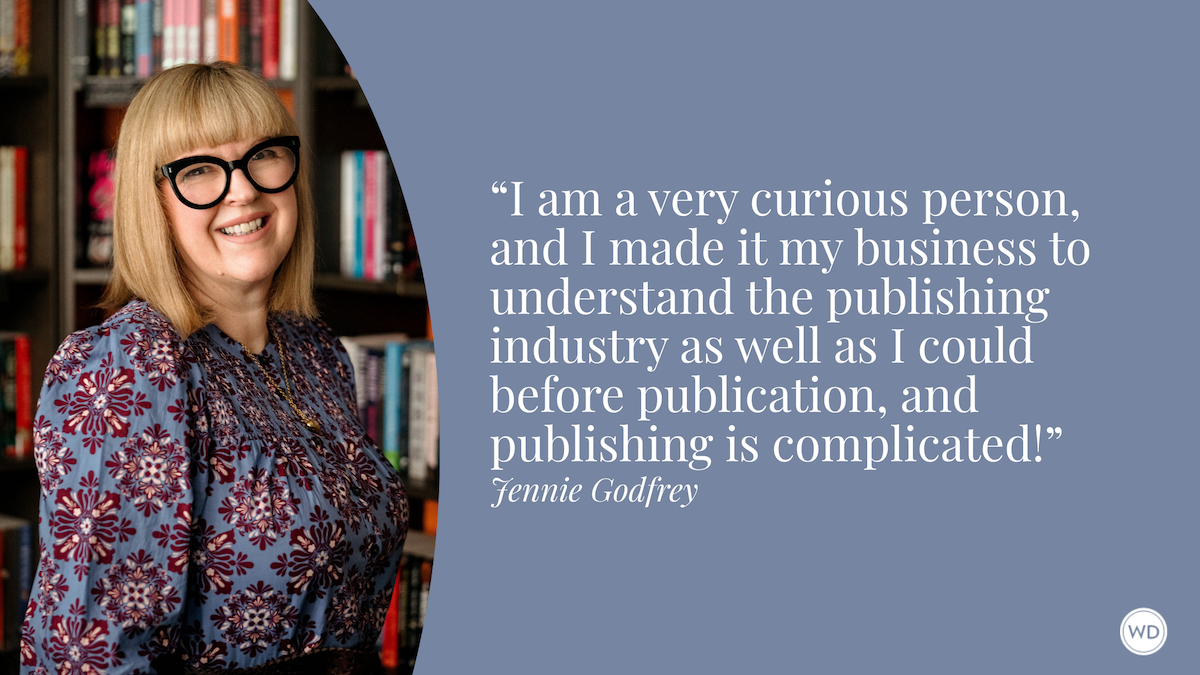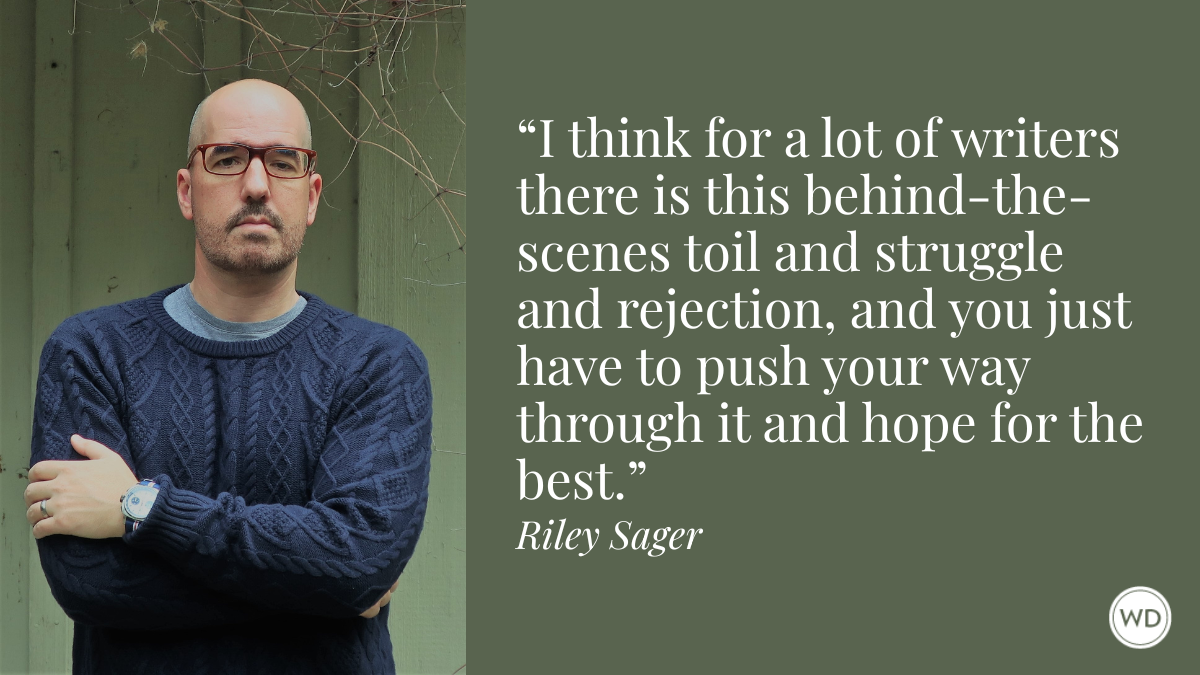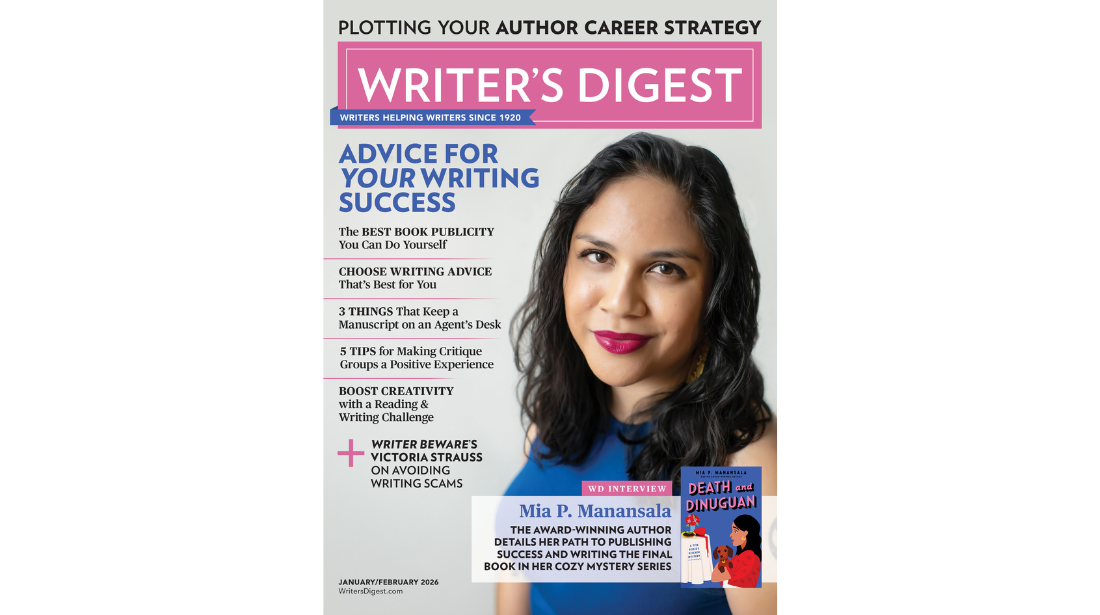The 20 Best Poems for Kids
Discover the best poems for kids from editor, poet, and father of 5, Robert Lee Brewer, who can confidently claim that the best poems for children of all ages fall into 3 categories: short poems, funny poems, and rhyming poems.
As a father of five children who loves to read to them at night, I've learned a thing or two about which poems play best for kids. In fact, I'd say there are three key types that appeal to kids the most:
- Short Poems
- Funny Poems
- Rhyming Poems
This post links to several kids poems of each type (in fact, the best!) and includes some commentary for why I think each poem type succeeds with children. [Note: While I tried to provide a link for each poem mentioned below, I could not find one for four of the poems. However, I do mention an anthology below that lists these 20 and many more.]
*****
Play with poetic forms!
Poetic forms are fun poetic games, and this digital guide collects more than 100 poetic forms, including more established poetic forms (like sestinas and sonnets) and newer invented forms (like golden shovels and fibs).
*****
Short Poems for Kids
Why do short poems work so well? They get in and out rather quick. We're talking about kids here, and they often have little patience for poems that overstay their welcome.
Here are the best short poems for kids:
- Rabbit, by Mary Ann Hoberman
- Dinosaur Diets, by Jane Yolen
- About the Teeth of Sharks, by John Ciardi
- Mommies, by Nikki Giovanni
- First Grade, by William Stafford
- How to Paint a Donkey, by Naomi Shihab Nye
- Valentine, by Donald Hall
Funny Poems for Kids
Kids love to laugh and clown around. Naturally, funny poems play right into this natural instinct for children. What's funny? Often, the absurd and slightly inappropriate (ahem, read "Gas" below).
Here are the best funny poems for kids:
- The Adventures of Isabel, by Ogden Nash
- The Dentist and the Crocodile, by Roald Dahl
- Mrs. Mitchell's Underwear, by Dennis Lee
- Gas, by C.K. Williams
- Daddy Fell Into the Pond, by Alfred Noyes
Rhyming Poems for Kids
If your poems for kids aren't short or completely funny, you still have an "in" with children if you can rhyme. Don't get me wrong; the poem still has to be engaging, but rhymes can help the musicality of the poem to help kids avoid getting lost in the plot.
Here the best rhyming poems for kids:
- The Quarrel, by Maxine Kumin
- Stopping by Woods on a Snowy Evening, by Robert Frost
- The Tiger Who Wore White Gloves, or, What You Are You Are, by Gwendolyn Brooks
- Every Time I Climb a Tree, by David McCord
- The Lion and the Lily, by Elizabeth Spires
- The Raven, by Edgar Allan Poe
- Casey at the Bat, by Ernest L. Thayer
- The Tyger, by William Blake
You Can Write Poems for Kids
Start by reading these poems that appeal to kids. They'll give you an idea of the type of content and forms that appeal to children. Then, you can think of stories or subjects that could be covered. Think of what delighted and/or terrified you as a child--that's the best place to start. Then, write and share with kids, who can't get enough of good poems and stories.
Quick Nod: I think every poem on my top 20 list originated is included in Poetry Speaks to Children, edited by Elise Paschen. While many of these were favorites before this collection was published, this anthology of poems for kids really knocks the ball out of the park for children's poetry awesomeness!
(Writer's Digest uses affiliate links.)









